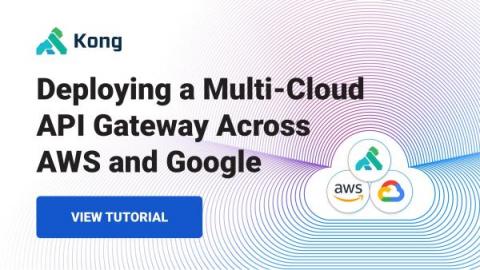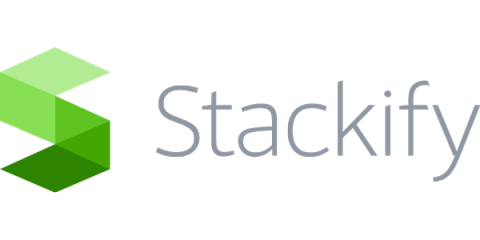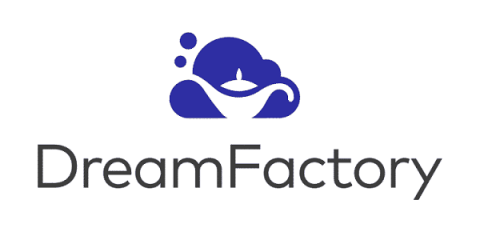Deploying a Multi-Cloud API Gateway on AWS and GCP
After you’ve built your microservices-backed application, it’s time to deploy and connect them. Luckily, there are many cloud providers to choose from, and you can even mix and match. Many organizations, like Australia Post, are taking the mix-and-match approach, embracing a multi-cloud architecture. The microservices that make up a system no longer have to stay on a single cloud.









